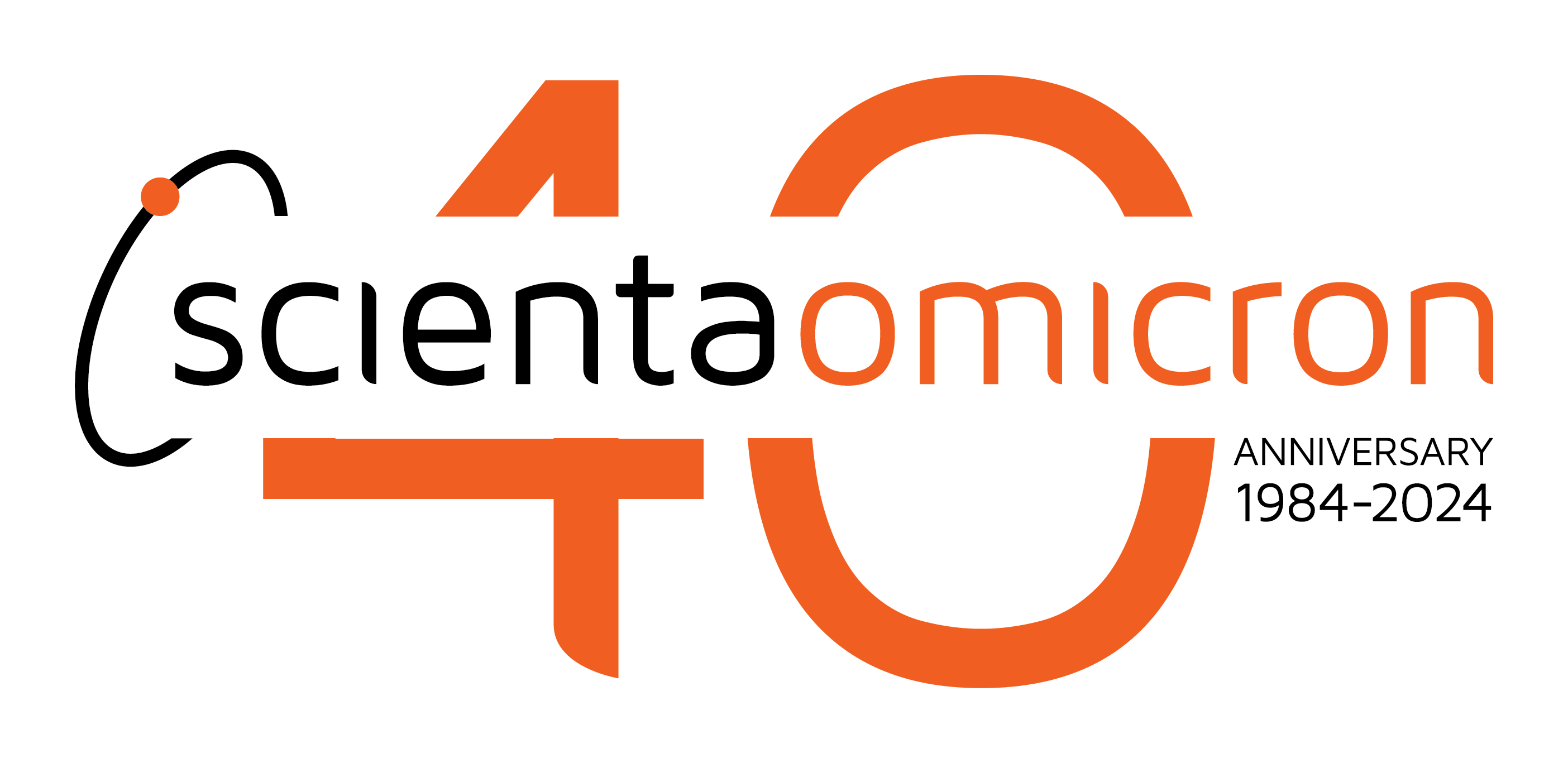Efficient, Non-Destructive Characterization of Buried Layer Chemistry in Semiconductors
Buried layers and their interfaces play a critical role in the performance of devices such as batteries, solar panels, and transistors. Accurately analyzing the chemistry of these inner layers is essential for advancing materials and improving device functionality. However, accessing these regions non-destructively remains a significant challenge. Traditional X-ray Photoelectron Spectroscopy (XPS) is a trusted tool for surface analysis, but its limited probing depth makes it unsuitable for exploring deeper layers without damaging the material.
This is where Hard X-ray Photoelectron Spectroscopy (HAXPES) provides a compelling advantage. With its ability to probe further below the surface non-destructively, HAXPES has emerged as a powerful technique for investigating complex materials, including thin films, semiconductors, metals, and coatings.
In this interactive seminar, we will demonstrate how HAXPES enables deeper insights into buried interfaces and oxidation processes in real-world devices. Through practical case studies—including research on semiconductor devices, optical thin film interfaces, and band structure changes in MOS structures—you'll discover how HAXPES is pushing the boundaries of modern materials analysis.
Key learning objectives
- Understand the key advantages of Hard X-ray Photoelectron Spectroscopy (HAXPES) compared to traditional XPS for non-destructive analysis of buried interfaces and deeper layers in complex materials.
- Gain insight into practical applications of HAXPES through recent research examples, including semiconductor devices, optical thin film interfaces, and MOS structures.
- Identify how HAXPES can provide critical information about oxidation states, interface chemistry, and electronic band structure in technologically relevant devices.
- Interact directly with our leading experts to ask questions, clarify doubts, and discuss specific analytical challenges relevant to your research.
Who should attend this webinar
- Material scientists and engineers involved in research and development of thin films, semiconductors, batteries, solar cells, and advanced coatings.
- Analytical chemists and physicists interested in advanced surface and interface characterization methods.
- Researchers and students seeking to deepen their understanding of cutting-edge characterization techniques in materials science.
- Industry professionals looking for innovative methods to improve product performance and quality through enhanced materials analysis.
